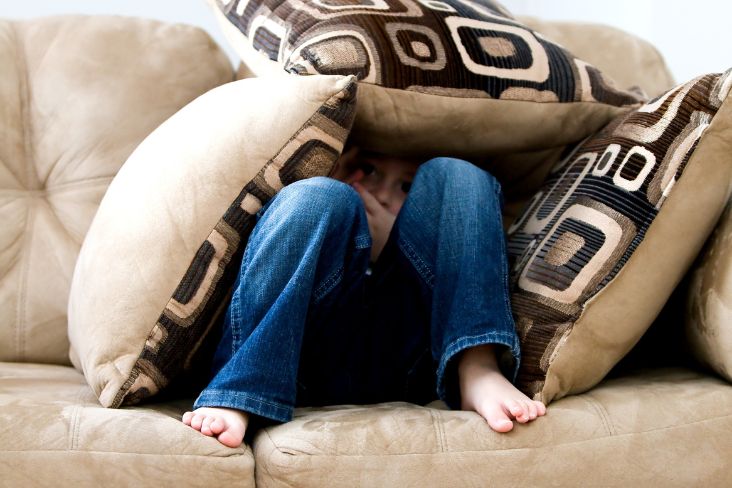Expat Education: An Expat’s Guide to Choosing a School Overseas
Expat Education, Expat Family Life, Expat TipsConsidering an overseas move with children? Grab a copy of Expat Education: An Expat’s Guide to Choosing a School Overseas…
Expat Education: An Expat’s Guide to Choosing a School Overseas Read More »


